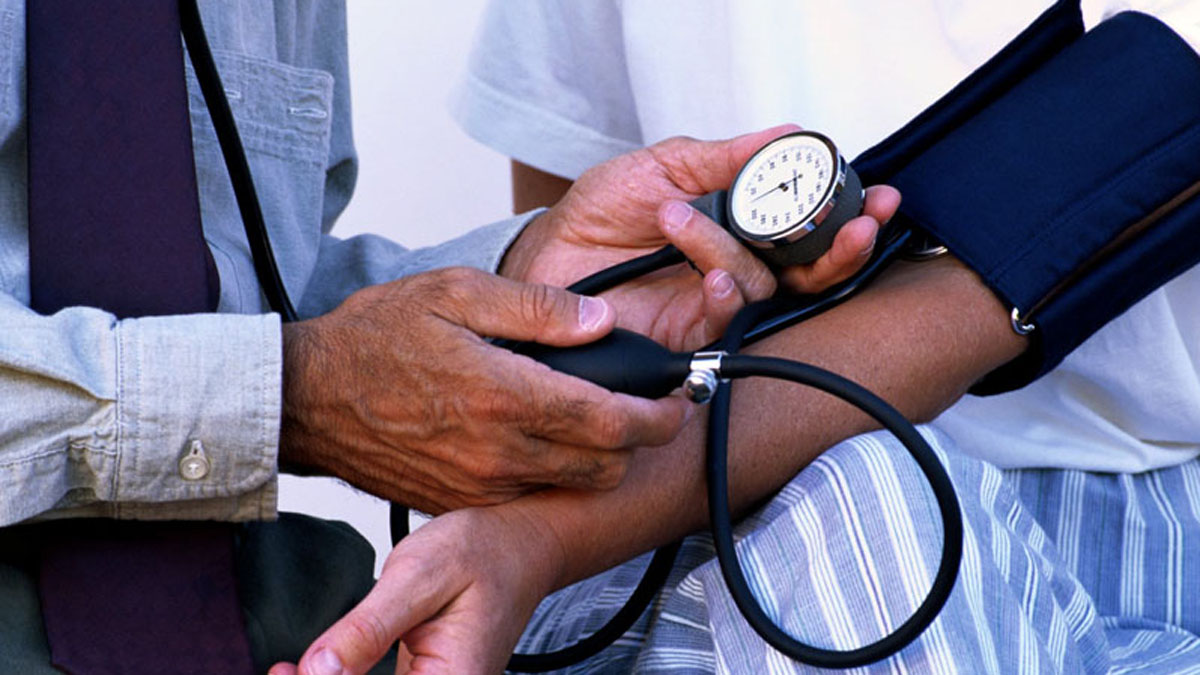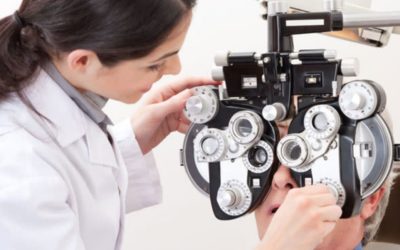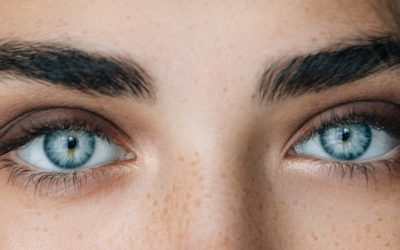How Does High Blood Pressure Damage Your Vision?
High blood pressure, medically known as hypertension, is extremely common. It often goes undetected for years, and can cause significant damage to various parts of the body without any symptoms being noticed by the patient.
One of the parts of the body that can be affected by hypertension is the eye. How does high blood pressure cause damage to the eye? Is there anything that you can do to avoid damage to your sight?
Hypertensive Retinopathy
High blood pressure is very insidious. The increased pressure can damage small blood vessels, but is generally not painful. Although it affects blood vessels in other organs, including the brain and the kidneys, high blood pressure can also cause significant damage to the blood vessels of the eye. These are very small blood vessels, and as such, are very vulnerable to damage by increased blood pressure.
Hypertensive retinopathy almost never causes symptoms in its earlier stages. It’s usually discovered on a routine eye exam. Patients who have high blood pressure are strongly encouraged to have an eye exam once a year, to monitor the retina for signs of damage.
What Are The Signs And Symptoms Of Hypertensive Retinopathy?
An eye doctor can detect the signs of hypertensive retinopathy by examining the eye with an ophthalmoscope. This is an instrument that shines a bright light into the eye, and allows the doctor to look through the pupil to directly visualize the retina. The retina may show narrowing of blood vessels, small spots, swelling of the macula (the central area of the retina) or the area around the optic nerve (the nerve that carries signals from the eye to the brain), and sometimes small hemorrhages.
Once it’s in its later stages, hypertensive retinopathy can cause visual disturbances, such as dim or cloudy vision, double vision, or a sudden loss of vision. Patients may also have headaches. However, in the early stages, symptoms are usually absent.
How Can Hypertensive Retinopathy Be Prevented?
The best way to prevent hypertensive retinopathy is to keep your blood pressure under control. This involves following healthy lifestyle recommendations, including keeping your weight under control, exercising regularly, getting enough sleep, reducing stress, and eating a healthy diet. Many people are able to control their blood pressure without a prescription if they stick to their healthy lifestyle goals.
However, even if these health goals are followed consistently, there are still some people whose blood pressure remains stubbornly high, due to genetics or other factors. For these people, prescription medication can help. If you need prescription medication to keep your blood pressure at a normal level, you should ensure that you take this as directed on a regular basis. Because the damage from high blood pressure is usually not painful for many years, it’s very common for people to forget to take their blood pressure medications. Some even choose not to take the medications because they don’t like the side effects, not realizing that the effects of the untreated disease will be far worse and also are often irreversible.
Keeping your blood pressure under control will prevent further damage to your eyes. Unfortunately, it cannot reverse damage that has already occurred. This is why monitoring for early signs of damage is important. It allows you to take action to save your vision before it's too late.
Once A Year, Visit Your San Diego Eye Doctor For An Eye Exam
If you have high blood pressure, it's strongly recommended that you have an eye exam every year, in order to detect any signs of hypertensive retinopathy as early as possible. Here at American Eye Associates, our specialist eye doctors use advanced technology to detect changes in the retina that could threaten your sight. If you're looking for a San Diego eye doctor, and you're in need of your yearly eye exam, please contact our office to make an appointment today.





0 Comments